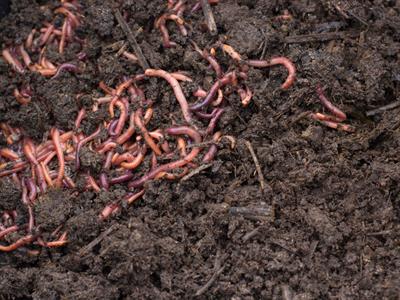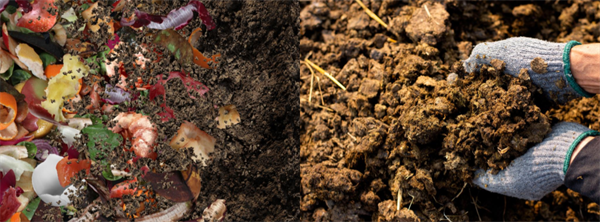PDF chapter test TRY NOW
Due to the growth in the knowledge the farmers about theorganic matter and concept of sustainable agriculture in recent years, the maintenance of soil organic matter plays a prominent role. This is because good quality crops are to be produced, and it is very important to maintain sustainable productivity. This is achieved by vermitechnology.
Vermiculture:
The artificial rearing or cultivation of earthworms for the production of compost using natural organic wastes is known as vermiculture.
Perionyx excavatus (Indian blueworm), Eisenia fetida (Red worms), Eudrilus eugeniae (African night crawler) are some of the earthworms that are used for vermicompost.

Vermiculture
Vermicomposting:
Vermicomposting is a technique in which bio-wastes can be converted to nutrient-rich organic manure by using earthworms. Hence, it plays a prominent role in organic farming. The earthworms used here feed on the organic wastes and excrete the digested products. This is known as casting and the compost is in general known as vermicompost.

Vermicompost
Vermicompost
The excreta of the earthworm, a fine, granular organic matter formed by the decomposition of organic materials by the earthworm is known as vermicompost. This vermicompost serves as an ideal fertilizer for the soil.
Preparation of vermicompost:
All the organic wastes that can be degraded biologically are used as the potential organic resources for preparing a vermicompost.
The materials used are as follows:
- Agricultural wastes such as crop residue, vegetable waste, sugarcane trash
- Residues of crops such as rice straw, coir wastes, tea wastes, cereal and pulse remnants, rice husk, and tobacco wastes
- Leaf litter such as dried leaves
- Peels of fruits and vegetables
- Animal wastes such as cattle dung, pig slurry, droppings of poultry, goat and sheep
- Biogas slurry
